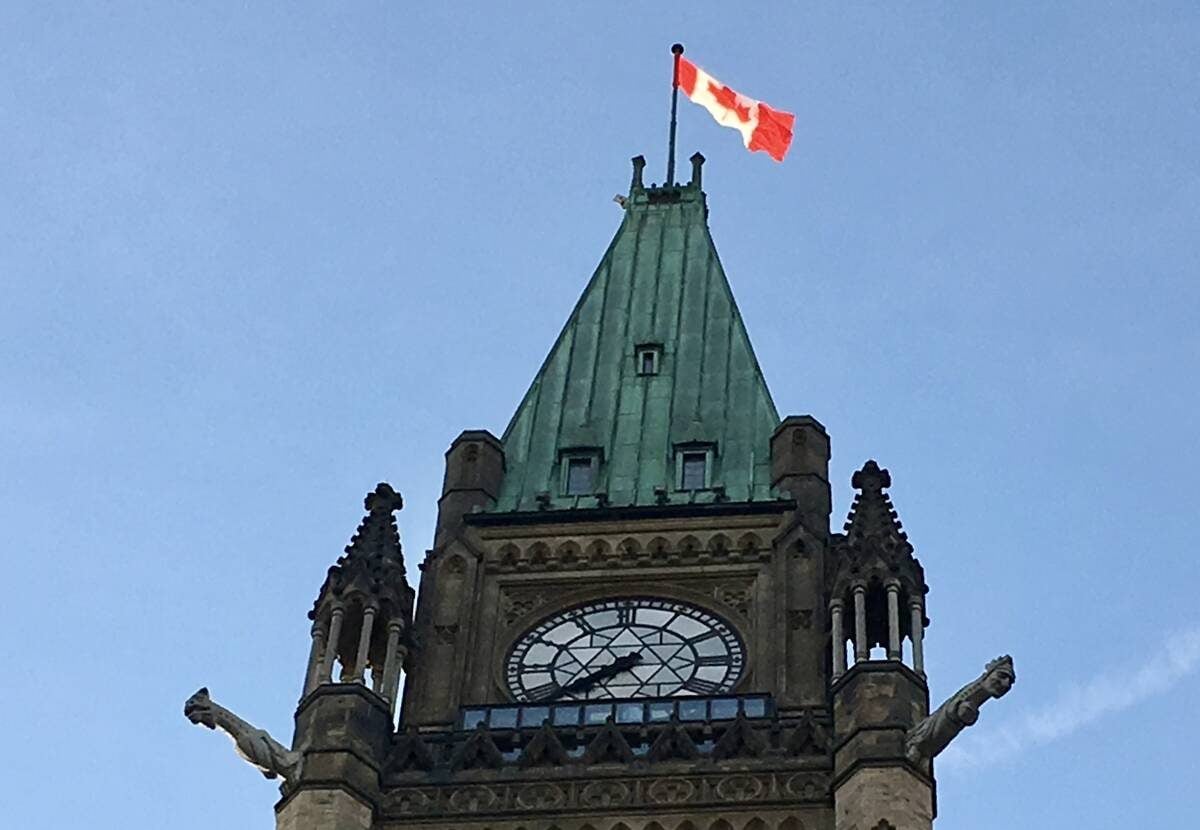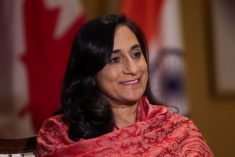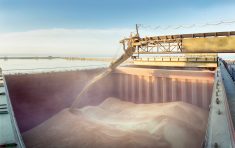[UPDATED] Paris | Reuters—France organized a meeting of 10 EU countries on Thursday to discuss a trade deal with Latin America’s Mercosur bloc, reaffirming its opposition to the deal as it stands but pushing for the inclusion of an “emergency brake” on farming imports.
The meeting brought together France and other countries that had expressed reservations on the deal, which was 20 years in the making and deeply divisive in Europe where farmers fear unfair competition on agricultural products such as beef and grains from countries with less stringent environmental rules.
Read Also

Federal budget shows remaining disconnect between agriculture, policymakers, panelists say
Canada’s agriculture sector is still disconnected from policymakers in some ways, say panelists at a CAPI webinar
The office of Minister for Europe Benjamin Haddad said he had defended the idea of including an automatic escape clause on agricultural products in the deal in a video conference with the other EU countries.
“In the current geopolitical context, all participants agree on how important it is to diversify trade partnerships,” a spokesperson from Haddad’s office told Reuters.
“However, they can’t accept an unbalanced deal which does not protect their farmers,” the official added.
The clause, a sort of emergency break to restrict imports, would be triggered in case of a sudden surge in imports that would destabilize certain EU markets. “The deal already includes a general clause but it is too difficult to trigger and would be of no use in case of a crisis,” the official said.
The meeting is a sign that EU countries which had opposed the deal brokered by the European Commission last year are trying to find a constructive compromise with the EU executive, at a time new markets in Latin America could provide a welcome alternative to the U.S. for European exporters.
However, the official later said the meeting was not organized in response to U.S. President Donald Trump’s decision to raise tariffs on the EU and other global partners.
France had received support from the Netherlands, Austria, Ireland, Poland and Hungary among others in its opposition to the deal with the group of South American nations that include farming powerhouses Brazil, Argentina and Uruguay.
—Reporting by Michel Rose
—Corrects to show meeting was not connected to new U.S. tariffs













